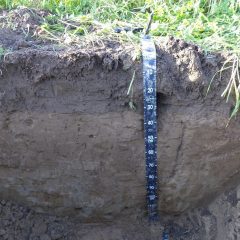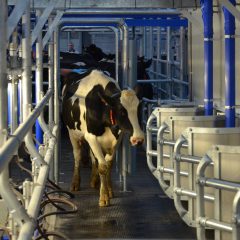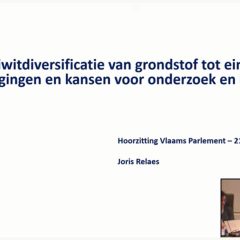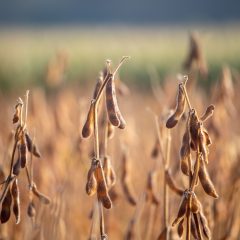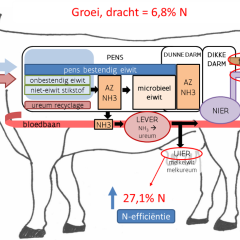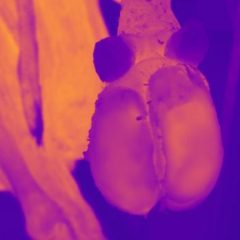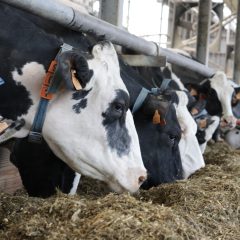Research project What is the impact of ration adjustments on production of enteric methane emissions from dairy cattle
Nutritional mitigation and grassland climate adaptation strategies inrelation to enteric methane emissions from dairy cattle on grasssilage based-rations: effectiveness and trade-offs
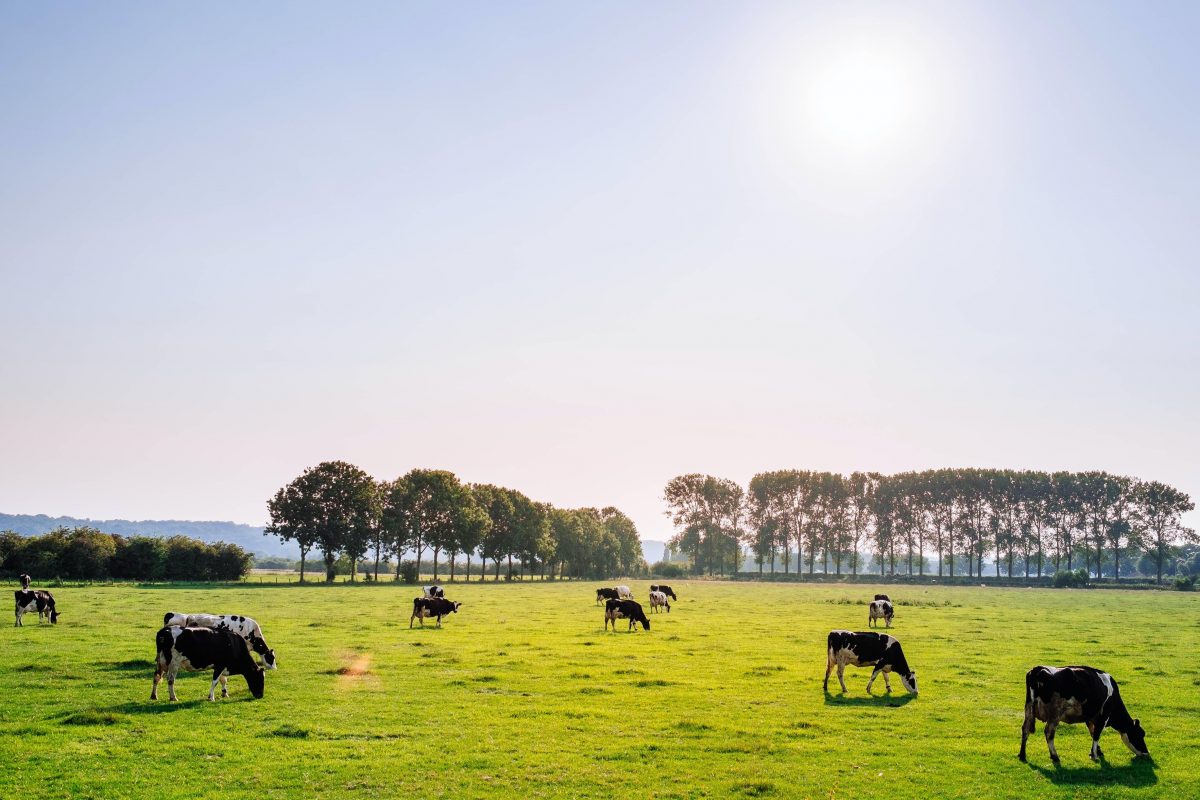
General introduction
The main objective of the MelkMethGras project is to investigate the influence of nutritional mitigation strategies or grassland climate adaptation strategies on enteric methane emissions from dairy cattle fed rations based on at least 50% grass silage in the roughage mixture. The first objective is to identify the effectiveness of potential methane mitigating feed ingredients (e.g. extruded linseed, rapeseed meal) in grass silage-based rations. The second research objective is to examine the influence of the inclusion of adaptation strategies (e.g. grassland herbs and drought tolerant grass species) in dairy rations on enteric methane emissions.
Research approach
In vitro experiments will be used to investigate the interaction between the mitigation strategies and the composition of the ration in order to gain more insight into the mechanism of action. In addition, in vitro experiments will be used to screen for the potential mitigating effect of grassland adaptation strategies on enteric methane production. In vivo experiments will be used to investigate the effect on methane emissions and other production parameters when effectively fed to dairy cattle.
Relevance/Valorization
With this research project, additional insights will be gained for further expansion of the measures within the covenant enteric emissions of cattle. The results of this research project should lead to further implementation of these strategies on farm in order to further reduce greenhouse gas emissions from the cattle sector.

